Recent advances in genetic engineering have revolutionized the research. But the technology also raises new ethical issues.
Using the CrisprCas9 gene scissor, we may be able to cure hereditary diseases in the future. There are already treatments whereby our immune cells can be designed to kill cancer cells. The technology not only makes it possible to cure diseases but also enables us to engineer our own genome to achieve any desired attributes. Also, we could manipulate nature around us to achieve almost any desired or unintentionally undesired effects.
It is already possible to buy a gene scissor to cut and paste genes in your own home. And there are probably biohackers experimenting with this technology today, but the question is what happens when it becomes available to the broader public.
This is not science fiction. Biotechnologies have progressed to a point where it is now possible for high school students to be taught how to use gene-editing techniques.
The ability to buy a toolbox for editing genes is just a few clicks away today. Just like algorithms in software engineering, our cells have become intelligent-design material.
So far it’s not possible to do much with the technology at home, but it will be very soon and it could have hampering results on scientific research in the long run and dangerous consequences in the wrong hands.
If something goes wrong and people get hurt, it’s clear that this could come back around and hurt research, with regulation and policy implementations that would hinder the development of methods to cure hereditary diseases, for example.
Society is at a turning point. Either, we could build adaptive regulatory support that ensures safe and responsible citizen participation in health research, or we could drive these emerging communities of innovators underground or out of existence.
We are already able to make much more rapid diagnoses and save many from serious diseases using new technologies. When genetic engineering becomes even more available, more patients will be cured.
Genome analysis will probably be an essential part of future medical care for everyone. But there is a risk that this information ends up in the wrong hands. Today, doctors often don’t know how to store and manage the data safely.
There are many who could profit from your genetic code, as a commercial resource. And the question is if genetic engineering requires new legislation. It is a balancing act, as we risk implementing legislation that could limit research.
Using gene drive, we are able to literally eradicate any particular species. We can design mosquito genes so that they no longer spread diseases like malaria to humans.
There are reasons to be seriously concerned about this development, however. There are always unseen consequences to manipulation of the ecosystems, Australia is a good example of this, with Rabbits, Cats, and Foxes haveing unindented adverse effects on the native species of the continent.
Even when genetic engineering becomes sufficiently safe, new questions emerge. We still do not know how to assess which diseases should be treated with the technology.
There is a concern that this could lead to increased gaps in society. How do we ensure that everyone is treated equally and has the same access to technology?
The way forward is most certainly to create a dialogue through which regulators can help bio-citizens embed tailored governance mechanisms into their endeavors. To foster citizen-driven biomedical innovation by supporting citizens to document and share their data, evidence and ethical concerns in ongoing conversations with regulators and society at large.

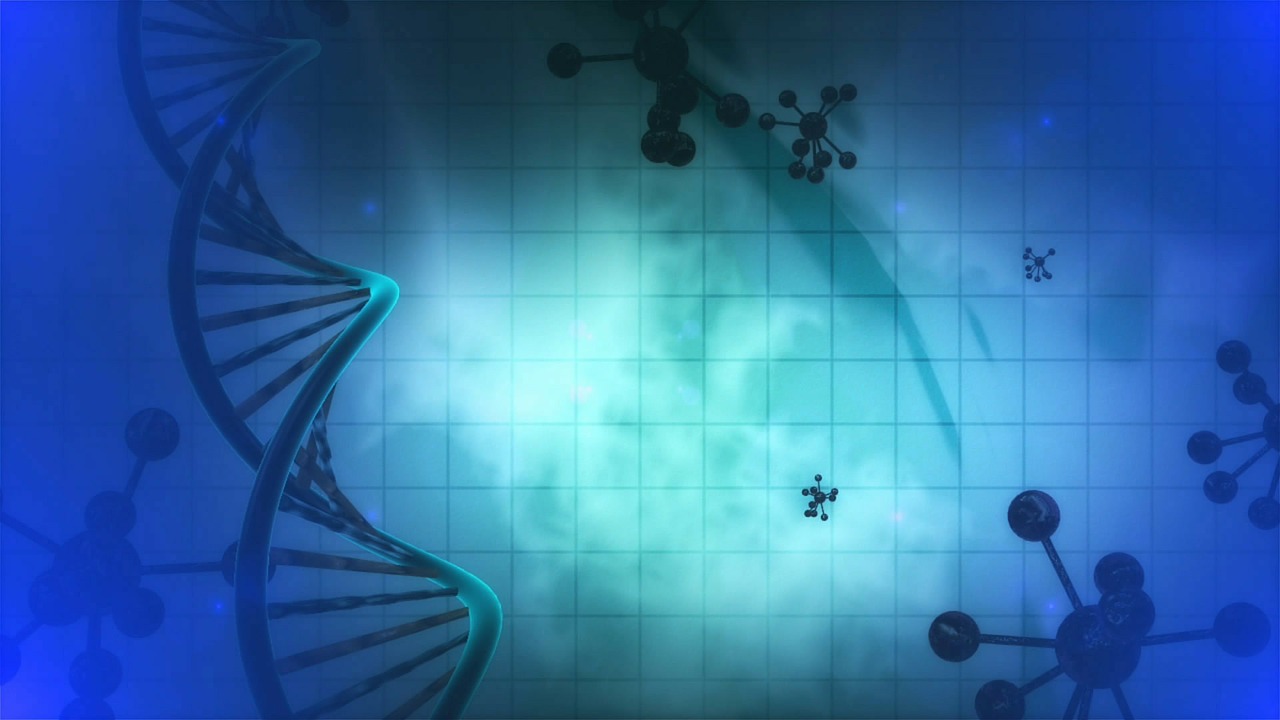
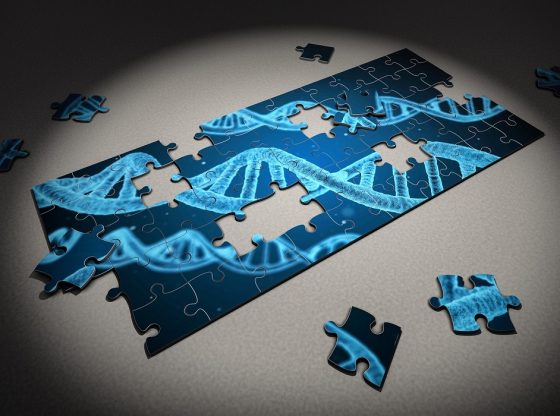
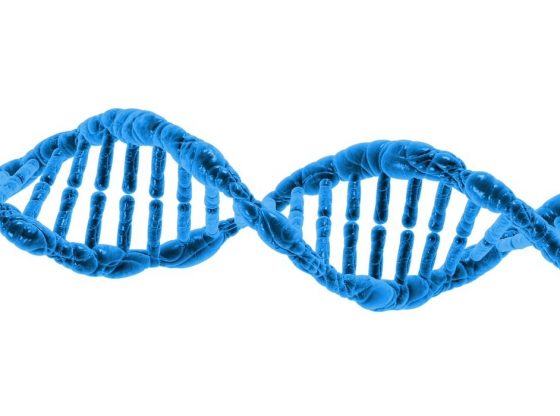
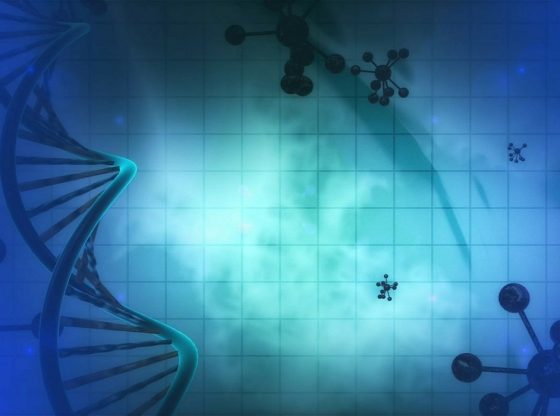
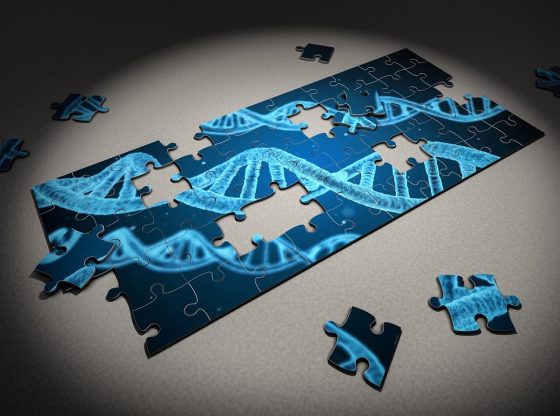


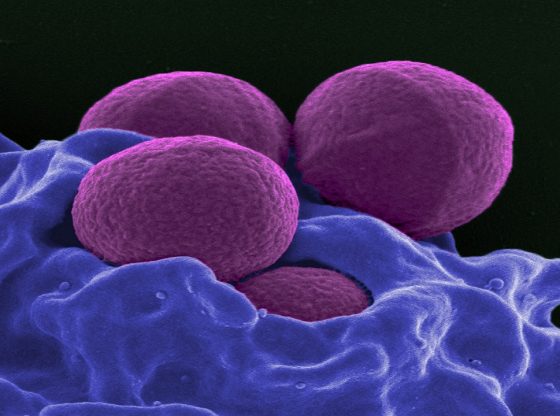

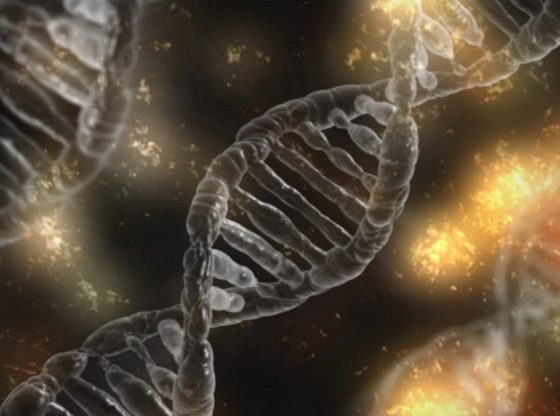
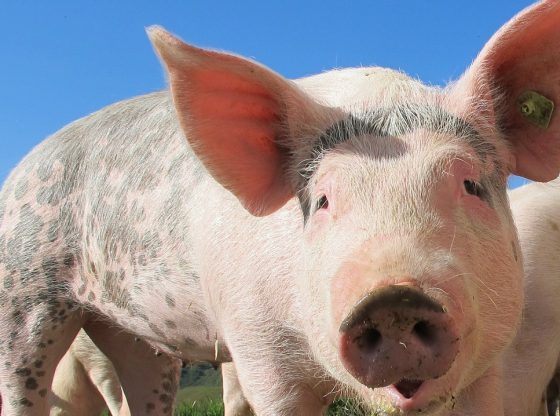
![OpenAI. (2025). ChatGPT [Large language model]. https://chatgpt.com](https://www.illustratedcuriosity.com/files/media/55136/b1b0b614-5b72-486c-901d-ff244549d67a-350x260.webp)
![OpenAI. (2025). ChatGPT [Large language model]. https://chatgpt.com](https://www.illustratedcuriosity.com/files/media/55124/79bc18fa-f616-4951-856f-cc724ad5d497-350x260.webp)
![OpenAI. (2025). ChatGPT [Large language model]. https://chatgpt.com](https://www.illustratedcuriosity.com/files/media/55099/2638a982-b4de-4913-8a1c-1479df352bf3-350x260.webp)








